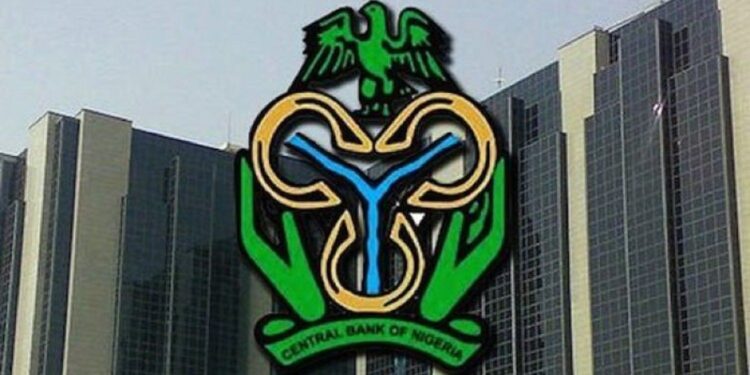The Central Bank of Nigeria (CBN) has revealed that credit to the Federal Government surged by N11.33 trillion, marking a 57.11% increase, reaching N31.15 trillion in August 2024. This significant jump from N19.83 trillion in July underscores the Federal Government’s growing reliance on credit to meet its financial obligations.
According to the CBN’s latest Money and Credit Statistics, this borrowing trend from commercial lenders has fluctuated in recent months. In June, government credit stood at N23.93 trillion, while in May it reached a higher figure of N28.38 trillion, highlighting the inconsistency in government borrowing patterns. Earlier in the year, credit to the government peaked at N33.93 trillion in February before dropping to N19.59 trillion in March.
This borrowing increase reflects the government’s need to finance capital projects, service debt, and meet other fiscal responsibilities. However, economic analysts have raised concerns about the sustainability of this growing debt, warning that it could add to inflationary pressures and strain the economy in the long term.
In contrast to government borrowing, private sector credit experienced a slight decline, falling by N777.13 billion (1.03%) to N74.73 trillion in August, down from N75.51 trillion in July. Despite some fluctuations throughout the year, private sector credit has remained relatively stable, showing moderate growth across various months.
The CBN’s report also highlighted an increase in currency circulation, which grew by N91.08 billion (2.25%), bringing the total to N4.14 trillion in August. The combined total of government and private sector credit, alongside money in circulation, amounted to N110.03 trillion in August, reflecting the broader fiscal and monetary trends shaping Nigeria’s economy.
Financial experts from Afrinvest have noted that the CBN is grappling with the challenge of balancing inflation control with stimulating economic growth. Recently, the CBN raised the Monetary Policy Rate (MPR) by 50 basis points to 27.25%, marking the fifth consecutive rate hike in 2024. Additionally, the cash reserve ratio was increased to 50% for commercial banks and 16% for merchant banks, as part of efforts to manage liquidity and stabilize the naira.
While these policies are aimed at controlling inflation, there are concerns that they may further tighten liquidity in the private sector, raise borrowing costs, and potentially slow economic growth. Afrinvest emphasized the need for a more balanced fiscal approach that promotes private sector activity, which is essential for sustainable development.
Meanwhile, Nigeria’s public debt continues to climb, reaching N121.67 trillion by June 2024, a 24.99% increase from the N97.34 trillion recorded in December 2023. This debt figure includes both domestic and external liabilities incurred by the Federal Government, state governments, and the Federal Capital Territory.











